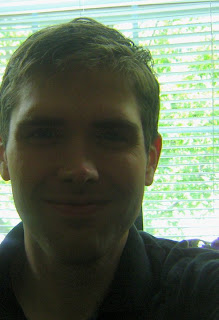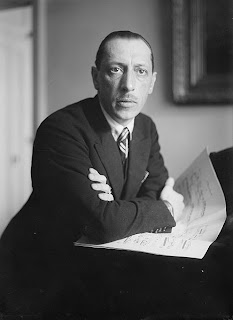Emil Gilels, piano
New Philharmonia Orchestra, Maazel
on Tchaikovsky no. 3
Sviatoslav Richter, piano
London Symphony Orchestra, Maazel
on Prokofiev no. 5
Sviatoslav Richter, piano
Orchestre de Paris, Maazel
on Bartok no. 2
 Justin Taylor born 1984 Brandon, MB CANADA
Justin Taylor born 1984 Brandon, MB CANADA


